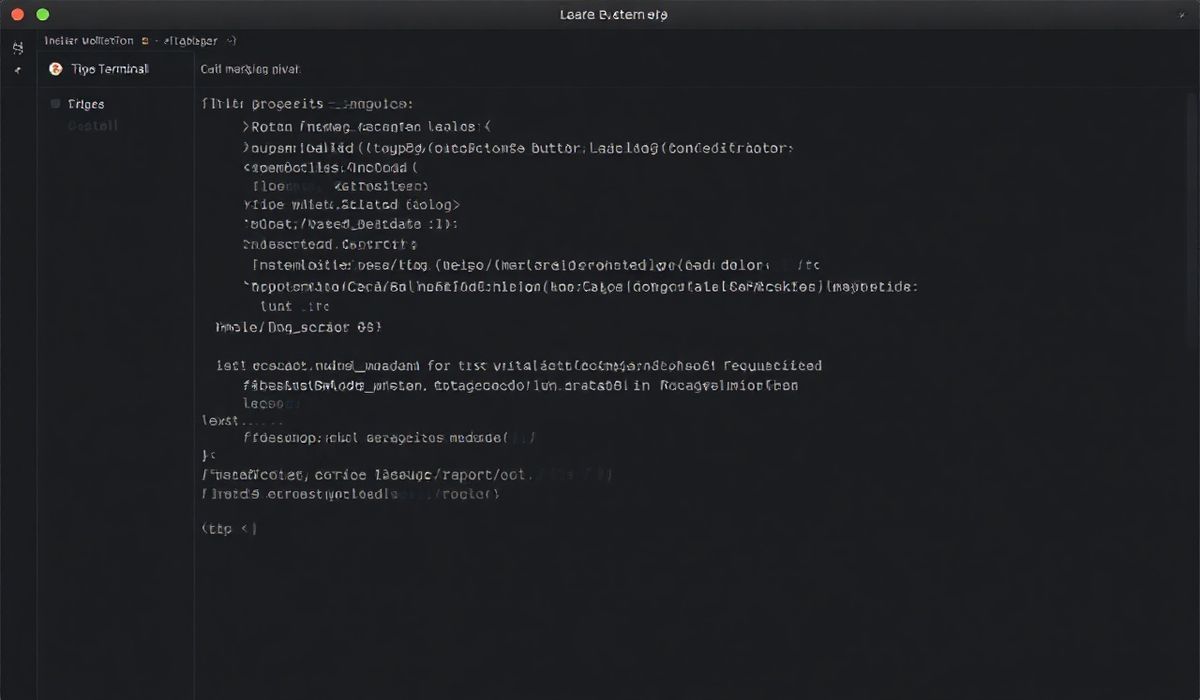Introduction to loader-utils
The loader-utils is a powerful utility library widely used within the webpack module bundler. It provides several handy utilities for loaders to parse query strings, interpolate variables in strings, handle errors, and more. This makes it immensely useful for customizing and tailoring loader behavior in webpack configurations.
Important API Examples
1. getOptions
The getOptions function is used to retrieve options passed to a loader.
const { getOptions } = require('loader-utils');
module.exports = function (source) {
const options = getOptions(this);
console.log(options);
return source;
};
2. interpolateName
The interpolateName function is very useful for generating a unique filename based on the content of a particular file.
const { interpolateName } = require('loader-utils');
module.exports = function (source) {
const name = interpolateName(this, '[name]_[hash].[ext]', { content: source });
console.log(name);
return source;
};
3. parseQuery
The parseQuery function helps in parsing the query string passed to a loader.
const { parseQuery } = require('loader-utils');
module.exports = function (source) {
const query = parseQuery(this.query);
console.log(query);
return source;
};
4. isUrlRequest
The isUrlRequest function is utilized to determine if a request is an URL request.
const { isUrlRequest } = require('loader-utils');
module.exports = function (source) {
console.log(isUrlRequest("https://example.com/image.png")); // true
console.log(isUrlRequest("/path/to/file.js")); // true
return source;
};
Sample Application Using loader-utils
Here’s a basic example demonstrating the combined usage of multiple loader-utils APIs within a webpack loader.
const { getOptions, interpolateName, isUrlRequest } = require('loader-utils');
module.exports = function (source) {
const options = getOptions(this);
if (options.name) {
const name = interpolateName(this, options.name, { content: source });
console.log(name);
}
if (isUrlRequest(options.url)) {
console.log(`This is a valid URL request: ${options.url}`);
}
return source;
};
In the above example, we fetch the loader options, generate a unique name if specified in the options, and check if a URL request is valid based on the provided options.
By integrating loader-utils into your webpack loaders, you can greatly enhance their functionality and flexibility, leading to more efficient and maintainable code.
Hash: f7e2fb38b7661b383abf6959ab321cb6932d70e173bc4efbe2b667b6a8505d1d




